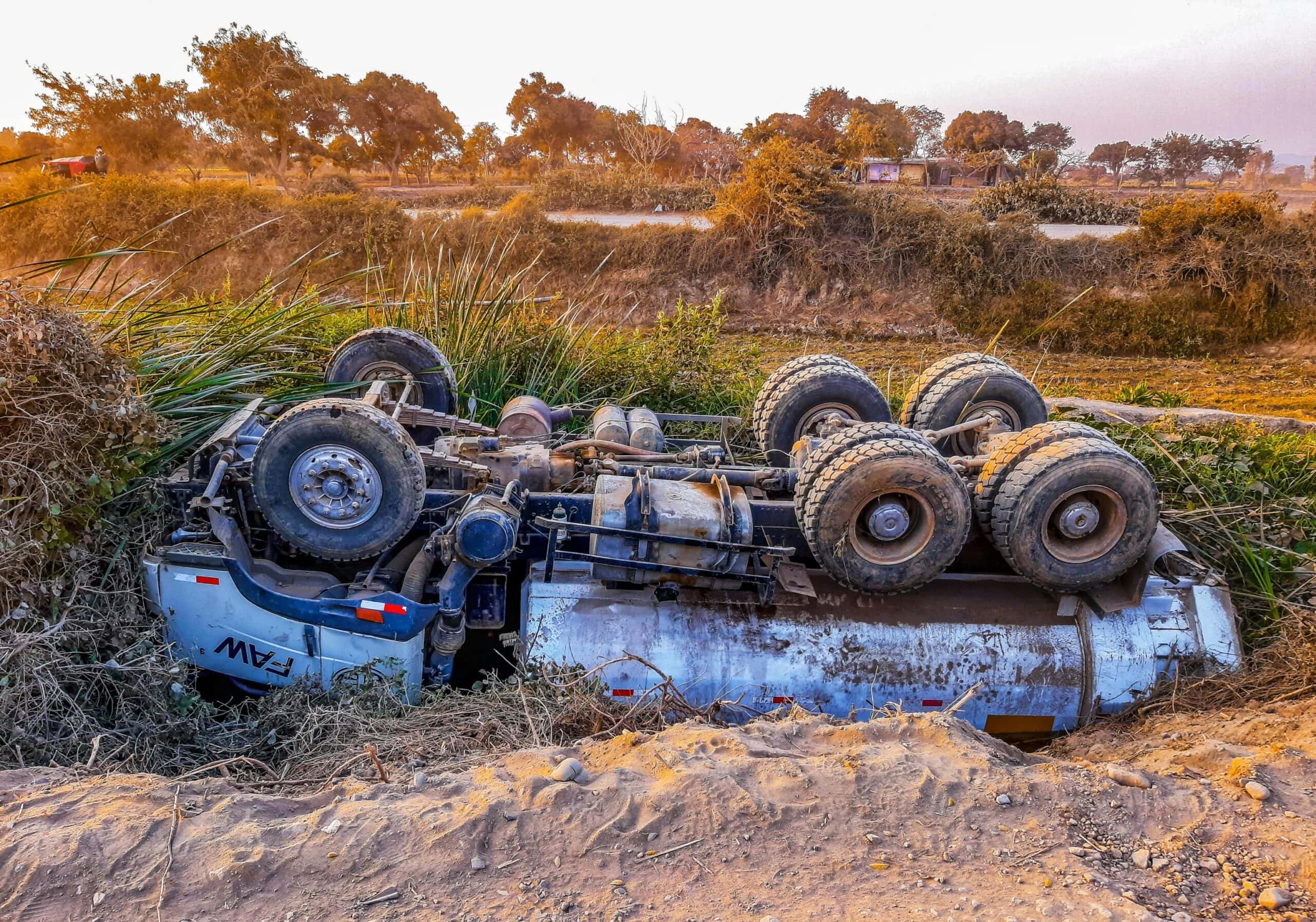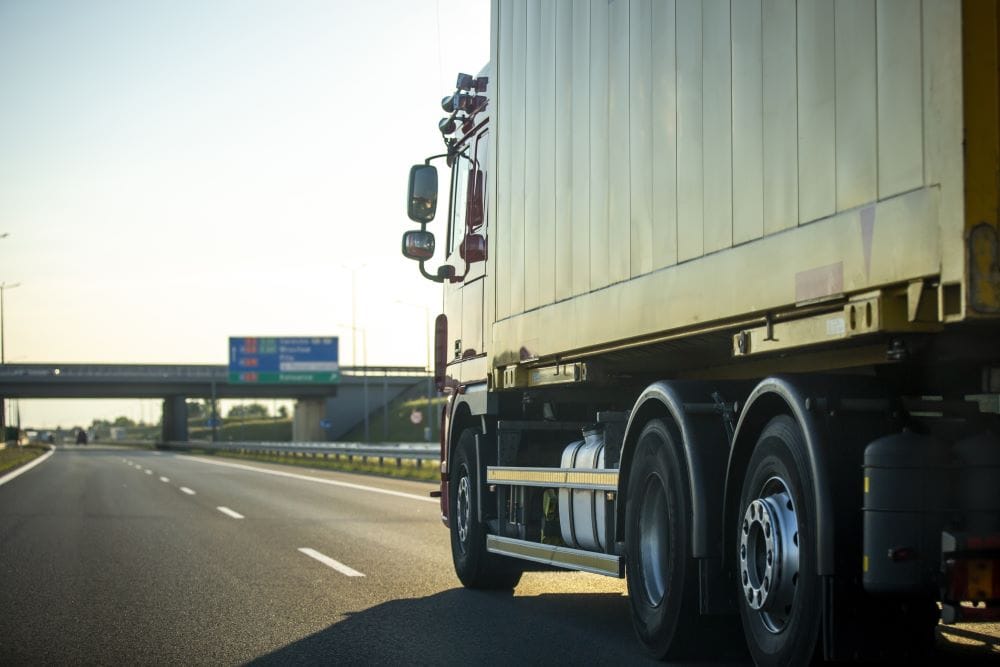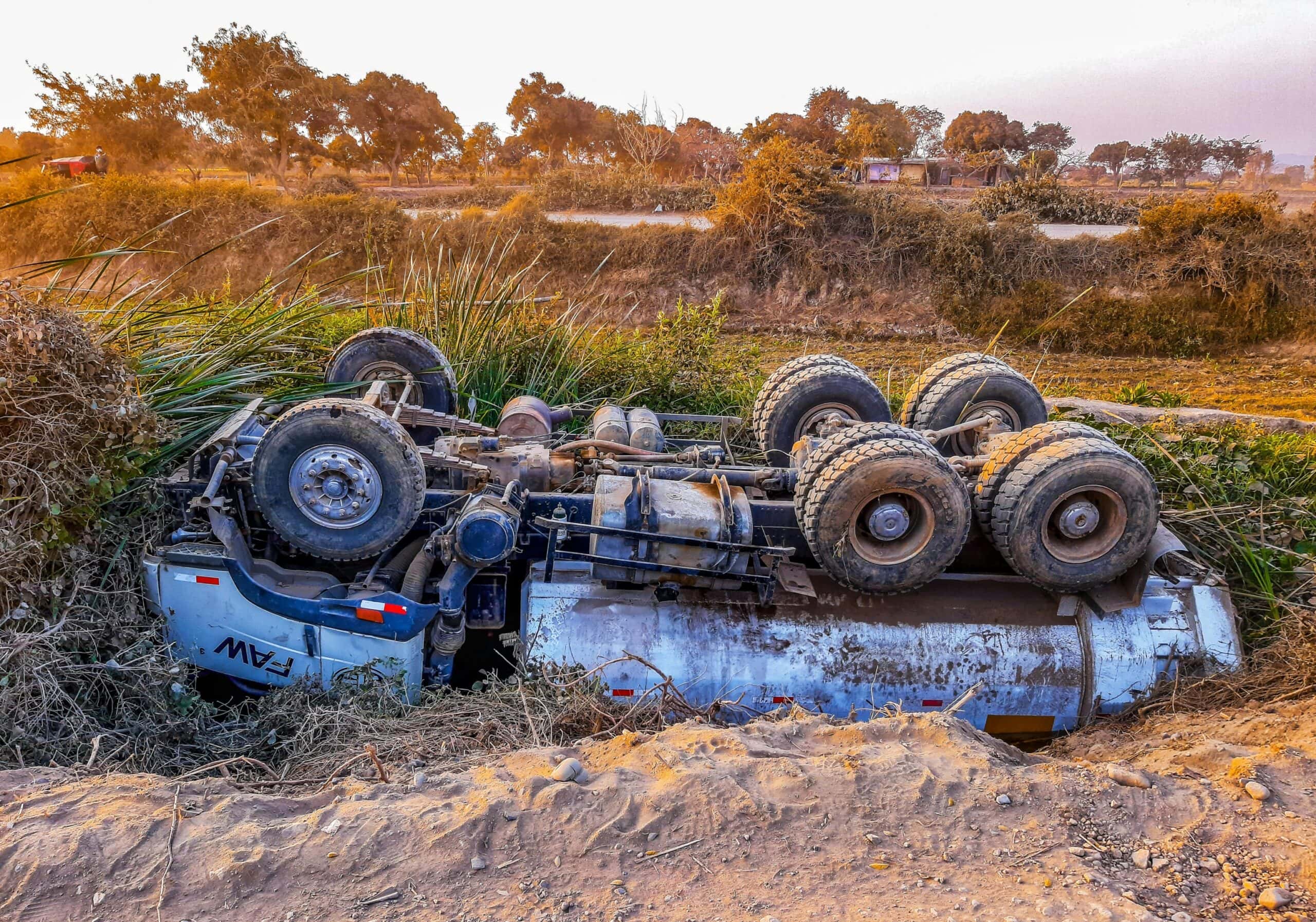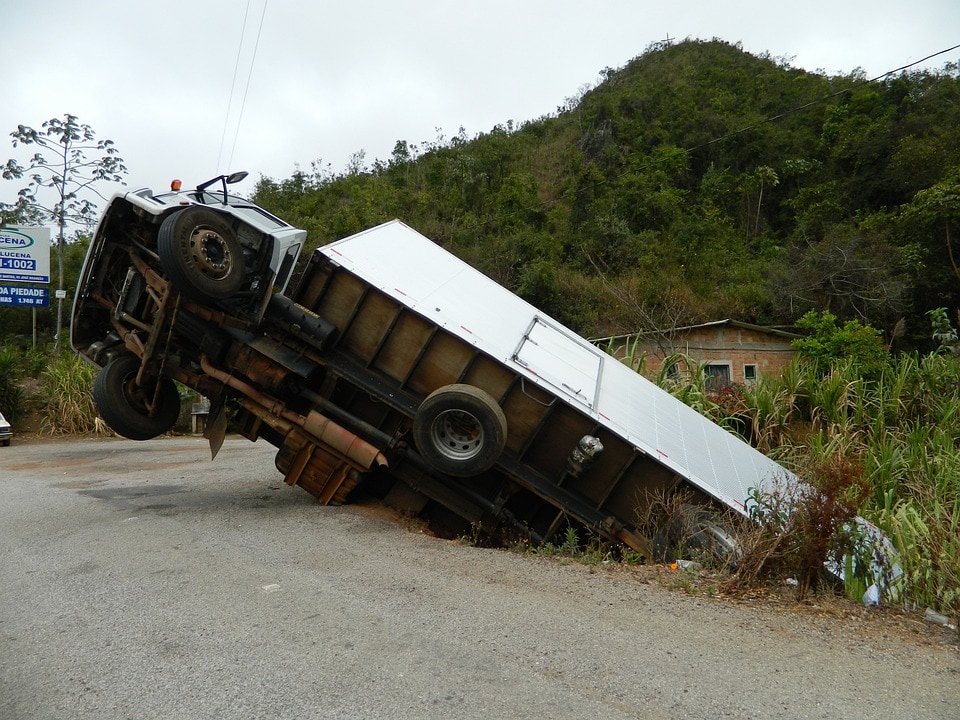
When you share the road with massive commercial trucks, one wrong move can change your life. Truck accidents often result in devastating consequences, from severe injuries to lifelong trauma, and many truck accident cases lead to lawsuits when negligence is involved. Whether you’re a victim or helping someone who has suffered injuries, understanding how to prove negligence in truck accident lawsuits is crucial.
In this guide, we’ll walk you through what causes these serious accidents, how victims can seek compensation, and what it takes to hold responsible parties accountable under the law.
Common Causes of Truck Accidents That Lead to Lawsuits
Truck accidents don’t just happen—they often stem from preventable driver error, aggressive driving, or outright safety violations. In many truck accident cases, these collisions occur because the truck driver failed to follow traffic laws or the trucking company ignored essential regulations. A truck driver’s negligence often becomes the root cause of many preventable collisions.
Leading causes of large truck accidents include:
Distracted driving: When commercial truck drivers take their eyes off the road to text, eat, or check a GPS, the results can be catastrophic.
Drunk or drugged driving: Impaired driving by truckers can lead to fatal injuries and form the basis of a wrongful death claim.
Tire blowouts and mechanical failures: Most commercial trucks must meet safety standards, but when maintenance is ignored, disasters happen. A blowout at high speeds can cause multi-vehicle crashes.
Reckless driving: Speeding, abrupt lane changes, or failure to yield to passenger vehicles endangers everyone on the road.
Each of these factors can result in serious injuries and long-term consequences.
Understanding the Laws That Protect Truck Accident Victims
Victims of truck accidents are protected by both state and federal regulations designed to make the trucking industry safer. You may also pursue a personal injury claim to recover losses like medical expenses and emotional suffering.
Key legal frameworks include:
Federal Motor Carrier Safety Regulations (FMCSRs): These rules govern hours of service (how long a truck driver can operate before resting), drug testing, vehicle maintenance, and more. Violations often play a key role in personal injury lawsuits.
Commercial driver’s license (CDL) requirements: Truck drivers must obtain and maintain a CDL (commercial driver’s license) to legally operate large commercial trucks on public roads. If they operate without it or violate licensing conditions, it can help establish liability.
Vicarious liability Laws: Vary by state and determine whether a trucking company can be held responsible for a driver’s actions while performing job-related duties.
Knowing these protections can help victims pursue a strong truck accident claim and demand justice from the liable party.
How to Prove Negligence in Truck Accident Lawsuits
To win truck accident lawsuits, you must prove truck driver negligence or the fault of other responsible parties. That means showing someone didn’t act as a reasonable person would under the same circumstances.
To establish negligence, you must prove:
Duty of care: The truck driver and trucking company had a legal duty to drive safely and follow traffic laws.
Breach of duty: They failed to uphold that duty, such as through distracted driving or skipping required vehicle checks.
Causation: Their breach directly caused the accident and your injuries.
Damages: You suffered measurable harm, like medical bills, lost wages, or emotional trauma.
An experienced truck accident lawyer can gather crucial evidence, such as medical records, witness accounts, and the police report from the scene, to help you build a strong case. While no outcome is guaranteed, our team can work diligently to pursue the maximum compensation available under the law.
Key Evidence to Strengthen Your Truck Accident Claim
In many truck accident cases, evidence makes or breaks the claim. If you want to prove liability, you’ll need strong documentation that clearly shows what happened and who is at fault.
Essential evidence includes:
Police reports: These documents describe how the accident occurred and often list contributing factors like reckless driving or traffic violations.
Witness statements: Eyewitnesses can offer an objective account of the accident scene.
Medical reports: These prove the injuries you suffered and link them to the truck accident.
Photographs and video footage: These show vehicle damage, tire blowouts, or road conditions.
Driver logs and truck maintenance records: If a commercial trucking company failed to maintain its fleet or pushed drivers beyond legal limits, this evidence becomes critical.
Without this evidence, it’s difficult to prove truck driver negligence or hold commercial trucking companies accountable.
Who Can Be Held Liable in Truck Accident Cases?
Truck accident claims often involve multiple parties. A strong investigation and legal guidance from an experienced truck accident attorney will help determine liability before a claim moves forward. It’s not always just the truck driver who bears responsibility.
Potentially liable parties include:
The truck driver: Especially if they engaged in drugged driving, distracted driving, or violated safety protocols.
The trucking company: If they didn’t enforce federal regulations, failed to train drivers, or hired unqualified personnel.
Third-party contractors: Maintenance crews or cargo loaders could be at fault if equipment or cargo issues contributed to the crash.
Truck manufacturers: Defective parts or tires can trigger serious accidents.
What Compensation Can Victims Seek After a Serious Truck Accident?
If you’ve suffered injuries in a truck accident, you may be entitled to several types of compensation. These aren’t just numbers—they reflect the deep, real-life impact the crash has had on your life.
Compensation may include:
Medical bills: Coverage for hospital stays, surgeries, rehabilitation, and ongoing treatment.
Lost wages: Income you missed while recovering and potential future earnings if you can’t return to work.
Pain and suffering: Compensation for physical pain and emotional distress.
Property damage: Repairs or replacement of your vehicle and belongings.
Wrongful death claim: For families who lost a loved one due to fatal injuries caused by the truck accident.
Your Recovery and Justice Start With the Right Legal Support
Truck accidents can shake your life to its core. Whether you’re facing severe injuries, mounting medical bills, or the unbearable loss of a loved one, you shouldn’t have to bear that weight alone.
The law provides important protections for truck accident victims. At Bourassa Law Group, our legal team stands ready to evaluate your case and provide guidance based on years of experience with personal injury claims. Our experienced truck accident attorneys know how to pursue the claim with clarity and strength.
Reach out for a free case consultation today. Let us help you turn the page toward healing, accountability, and a better tomorrow.





